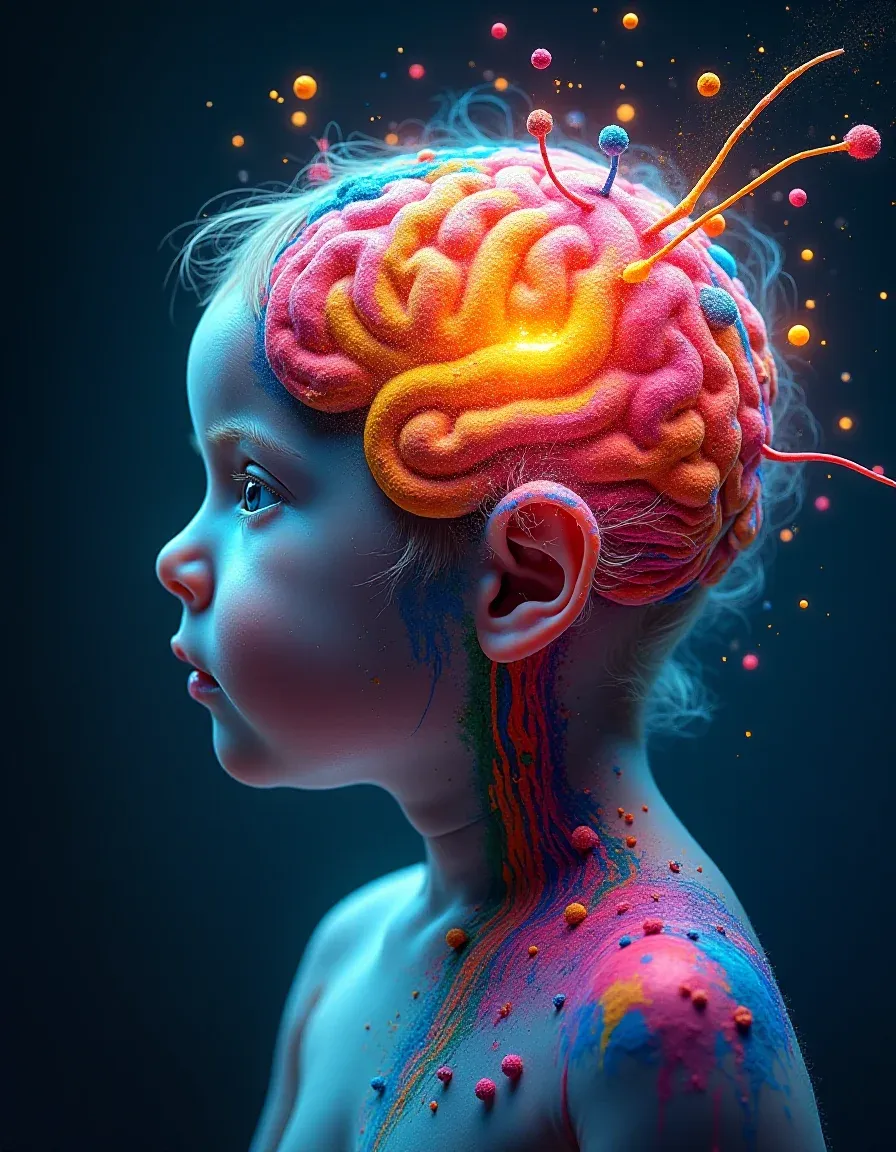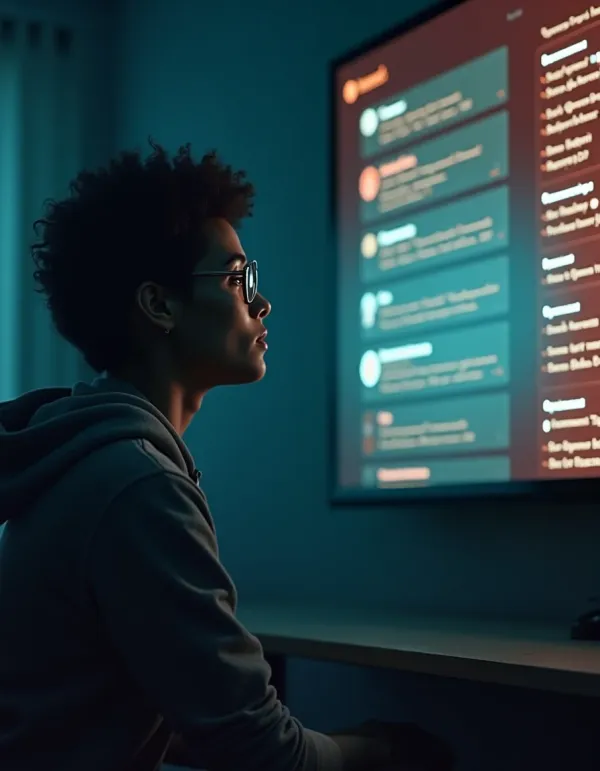Why Babies Learn Languages Differently
Why do babies absorb languages faster than adults? Discover the intriguing science of language learning and how your age impacts the process!

Have you ever thought about how babies and adults learn languages differently? Turns out, it's a fascinating process that blends science and a dash of human magic.
The Blank Canvas vs. The Detailed Painting
When a baby comes into the world, their brain is like a blank canvas, ready for an artist's touch. This openness is what makes it easier for them to pick up new languages naturally. Their brains are wired to form new connections eagerly, with plenty of "neural branching," awaiting the pruning that happens as they grow. This chaotic abundance of potential lets babies soak up languages like little sponges.
Now, think about an adult learning a language. It's more like adding new details to a complex painting. Adults have an intricate web of pre-existing connections from years of experiences. This can both help and hinder their learning journey. For example, someone fluent in Spanish might find French easier to pick up due to similar linguistic roots, while Chinese might pose a bigger challenge due to its stark differences.
Flexibility vs. Structure
Babies are essentially "hardwired" for language learning. They are absorbing the language environment around them 24/7, which helps them get accustomed to the rhythm and rules of communication without any formal training.
Adults, on the other hand, have to juggle language learning with daily life responsibilities. Often, they rely on structured courses and resources to learn. Plus, the social aspect isn't always on their side—while people might repeat themselves for a baby, adult learners might just see the conversation shift to their native language for the sake of convenience.
Don’t Let Age Hold You Back!
Here’s the kicker: although adult brains may not be as "pliable," that doesn't mean you should shy away from picking up a new language. Many say that it's wise to embrace lifelong learning, adding new layers to your knowledge. While it does get trickier with age, it's never impossible. With the right mindset and tools, language learning can be a fulfilling journey, no matter your age.
For a deep dive into the amazing capabilities of human language acquisition, check out this Wikipedia article.




